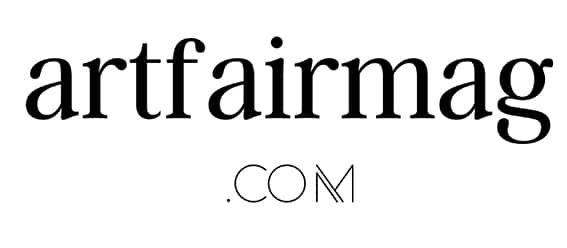Thandiwe Muriu
Art photographer
Being a woman artist in Kenya
Pauline Loeb invites Thandiwe Muriu, a young and talented Kenyan photographer, to talk about being a female artist in Kenya, espacially in Nairobi where she lives. Thandiwe glorifies women through bold and vibrant colours and textiles of Africa. She’s represented by 193 Gallery in Paris.
Pauline Loeb
Hi everyone, this is Pauline Loeb from artfairmag and today I’m with Thandiwe Muriu, a Kenyan photographer who glorifies women through bold and vibrant color and prints of Africa. Good afternoon, Thandiwe.
It’s very nice of you to accept my invite. So Thandiwe, today I’d like you to talk about your journey, to share your experience about being a women artist in Kenya. So maybe you can begin by telling us how old you were when you started photography and why you chose this specific medium.
Thandiwe Muriu
I don’t know if I chose the medium or if it chose me, but I picked up my first camera when I was 14 years old. My dad is actually the one who introduced me to photography with my sisters, because he wanted to teach us to be very independent, strong women, comfortable with technology, and so he thought photography might be a good way to introduce us to technology. And I remember the moment he put the camera in my hand, it was just…chemistry, it just felt perfect. I can’t draw, I can’t sing, but I could take pictures and it’s a way I could see the world around me, translate and question the things that were happening in my life and to people around me. And so photography became my medium, it became my voice.
Pauline Loeb
But I believe photography is quite a male-dominated industry in Kenya. So how did you succeed in establishing yourself as an artist, being a woman?
Thandiwe Muriu
That is a very long story, but the short version is, when I began to interact more and more with photography in my free time, I’d run home after school to do photography and practice.
Thandiwe Muriu
I quickly realized I didn’t want to tell stories. I didn’t want to capture stories. So I realized I didn’t want to be a journalist. I wanted to create. And that just really excited me. The thought of making all these magical worlds that people could enter and experience always attracted me. And so I looked and I thought, oh I’ll be a fashion photographer, like I could do Vogue covers, this would be amazing. And then I quickly realized living and working in Kenya that you can’t really make a living off fashion photography, at least not then. And I was 17, so really, I was very young. This is what I wanted to do all my life.
Pauline Loeb
Oh, you were super young.
Thandiwe Muriu (03:24.994)
So I thought, okay, what else can I do that allows me to create and I don’t have to be a journalist? And some photographers introduced me to commercial photography, which is creating advertisements. And there you’re also creating worlds to sell a product. And I thought, okay, I want to do that. But what I didn’t realize was there was no women who are doing that. And so I just put all my energy into becoming a commercial photographer. And no matter what anybody told me, I was like, I’m going to prove you wrong. I’m going to prove you wrong. I think it helped that I was very young. So I was still living at home, so I didn’t have to pay rent. But my parents raised me to believe I didn’t have limitations as a woman. And I think that’s a big part of my story. And that’s why it’s a big part of my work. I was determined that my gender would have nothing to do with my ability to take great pictures. And so it was just through sheer determination and being really stubborn, nobody could tell me I couldn’t do it. I would just work harder that I managed to push my way to the industry. But I think I also need to add at some point. These people who saw my determination and my desire to be a photographer and they came alongside me and they mentored me and they taught me how to survive as an artist and some of the things that come around being an artist that are outside of making the art. How do you market yourself? How do you describe your work well? So they taught me how to do those things that helped me really refine my style, find my style and then refine it and then share my message with other people.
Pauline Loeb
And do you think it has been harder being a woman, or it would have been the same if you had been a man?
Thandiwe Muriu
I think coming from a third world country, it’s more difficult, but I think being a woman adds a layer of difficulty for many reasons. I think the culture I come from has beautiful ways of celebrating women, but it also has very clear definitions of the roles women fulfill. And it’s a little bit difficult to thrive outside of those definitions, which is what a lot of my work is about. But one of the things I quickly realized was I have to be very bold and confident in talking about my work and what I’m doing and why you should hire me, which culturally was not something you’re encouraged to do very much. You’re supposed to be very humble. But to succeed, you need to be able to promote yourself. And so there are all these things that were counterintuitive that I had to learn as a woman, where maybe the men didn’t have to struggle as much to promote themselves, for example.
Pauline Loeb
And you were just talking about your art, but I was curious about, you photography a lot of women, you do these absolutely gorgeous women portraits. And so how would you say your past, your journey influenced your art?
Thandiwe Muriu
My journey is completely all over my art because it has been an experience of learning as a woman to be confident in who I am, irrespective of what my culture sees or respective of what my culture tells me I should be. And in creating this work and photographing women, it’s been amazing to just see how incredible women are, but how little they appreciate themselves, or how invisible they can be even to themselves. They are very confident in their abilities to be mothers, to be wives, but maybe they’re not as confident in feeling like they’re wise, feeling like they’re educated, feeling like they have something to offer the world, even if they’re doing amazing things. And so in my journey, I had to make peace with some of the things about myself that my culture. In my work, I want to celebrate those things about women, the invisible things or the things that we don’t view as beautiful. I want to bring them to the forefront because they are worth celebrating. Just because we’re women doesn’t make them less amazing.
Pauline Loeb
Great. And you are still living in Nairobi and it is recognised nowadays as being the leading place for contemporary art in East Africa. So can you say a few words about this thriving art place?
Thandiwe Muriu
I think it’s an exciting time to be Nairobi. It’s an exciting time to be a Kenyan. But one of the things that’s happening, at least I feel for my generation of artists and younger, is we are finally acknowledging and embracing our new identity as, you know, I’m a Kenyan yes, and so I come from this very traditional culture, a lot of history, but at the same time I grew up in a world where I had internet and I was connected to the West. And so it’s this fusion of westernization with traditional coming together to form what I call the New Africa. And a lot of the RTCs around that, we are rediscovering who we are and we’re finally at the stage I think, well we’re not ashamed of that, but we’re beginning to celebrate it and explore it and ask what does it mean, what does it look like. And so there’s this energy in the air that is very excited and all this amazing art that’s coming out of Nairobi and Kenya just because we’re finding comfortable in our new identity.
Pauline Loeb
Thank you so much, Thandiwe. And just to conclude, what can you expect of you in the future, in the next few months?
Thandiwe Muriu
Well, in the next few months, I’m very excited to be preparing for a solo show that I will be having at 193 Gallery in Paris in October.
Pauline Loeb
It sounds exciting. Thank you so much for your time and all this very interesting interview. And I wish you the very best for your solo show.
Thandiwe Muriu
Thank you, thank you. It was my pleasure to be here.
Latest Interviews
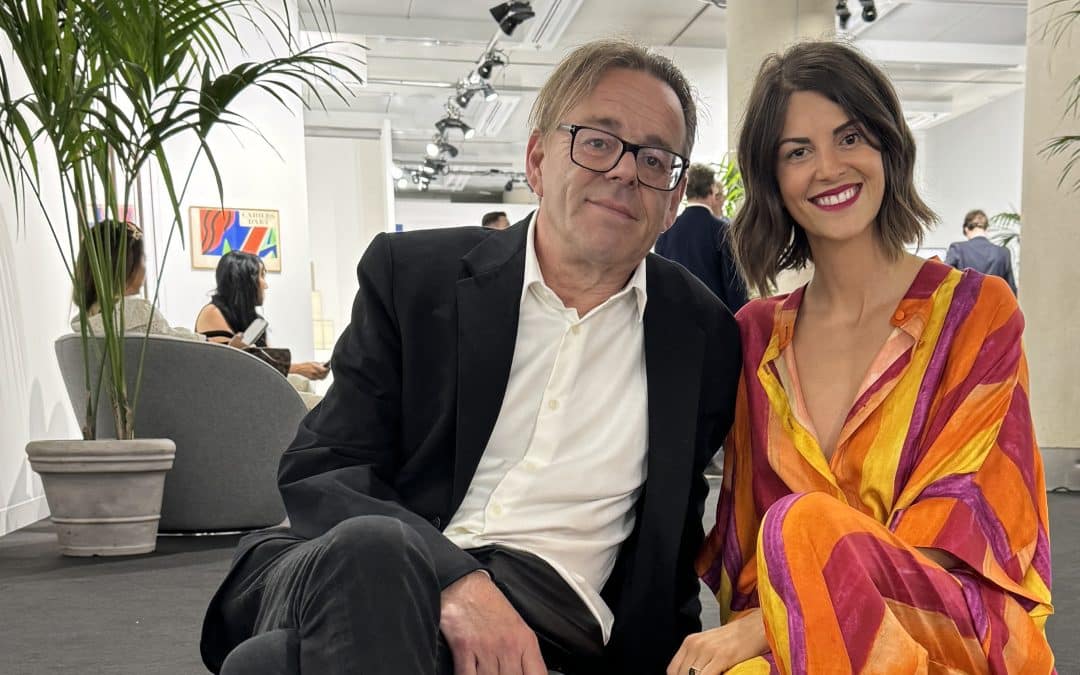
A Casual Conversation with Wim Delvoye at artmonte-carlo 2024
Pauline Loeb sat down with Belgian artist Wim Delvoye at artmonte-carlo to discuss his diverse art and his unique approach to working with various materials.
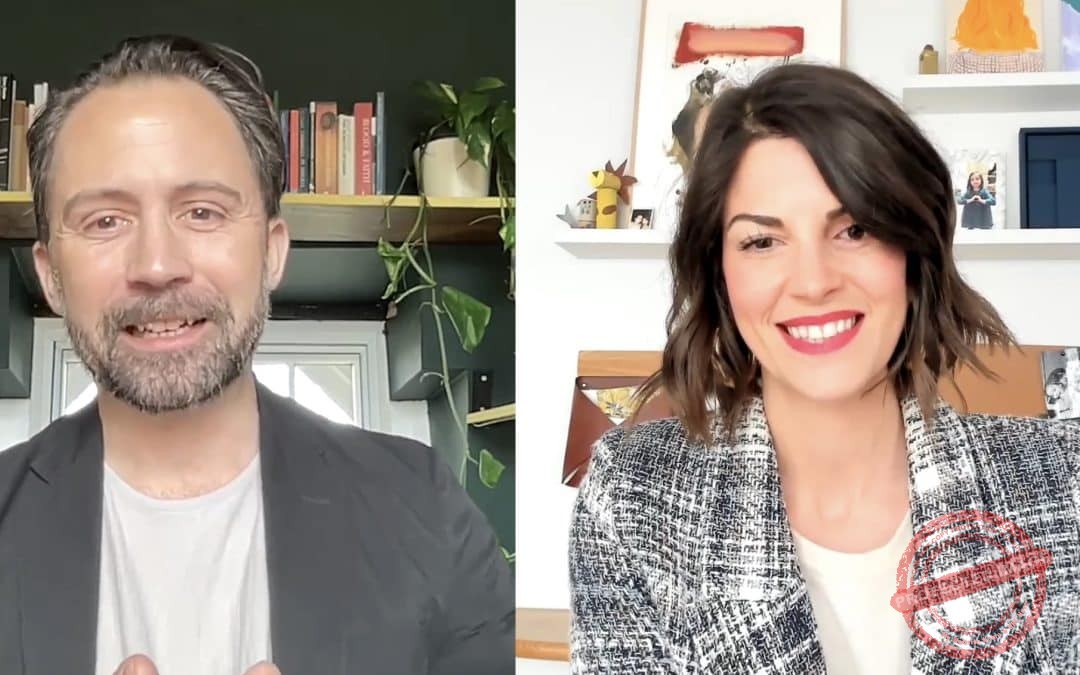
Discovering New Horizons: Lee Cavaliere’s Vision for VOLTA
Lee Cavaliere, VOLTA’s new artistic director, reveals his mission to redefine the fair, spotlighting innovation and inclusivity in the art world’s landscape of discovery.
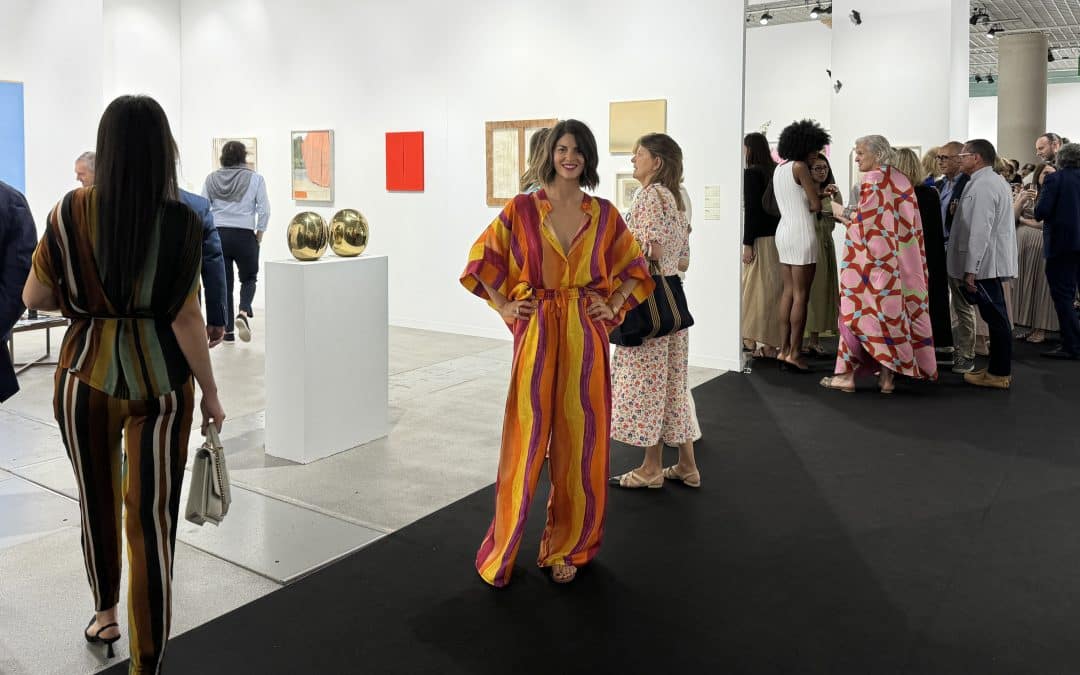
artmonte-carlo’s 8th Edition: High Quality Art Meets Market Hesitancy
artmonte-carlo showcased high-quality modern & contemporary art under new leadership, but faced market challenges with cautious collectors and modest sales.

VOLTA Basel 2024: A New Venue for an Increasingly International Fair
The 19th edition of VOLTA Basel was the first under Artistic Director Lee Cavaliere. It gathered 45 international galleries during Art Basel Week and offer an appealing proposition.
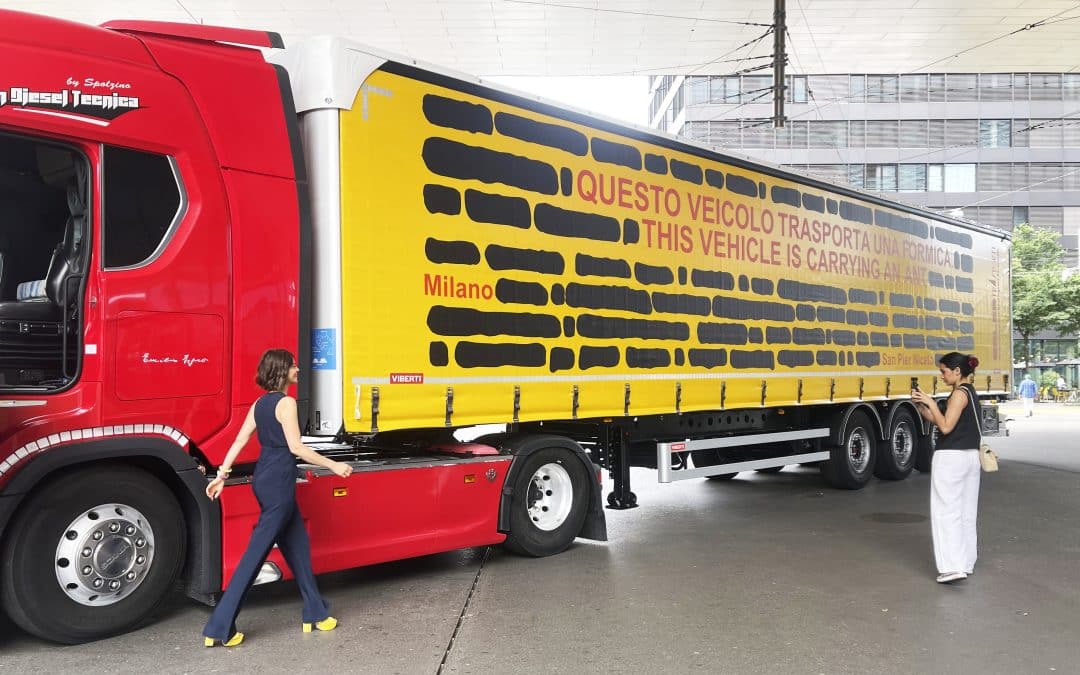
Art Basel 2024: A Resounding Success Amid Art Market Challenges.
Dealers participating in this new edition of Art Basel generally made good sales, proving that the fair remains the must-attend event for international collectors.
